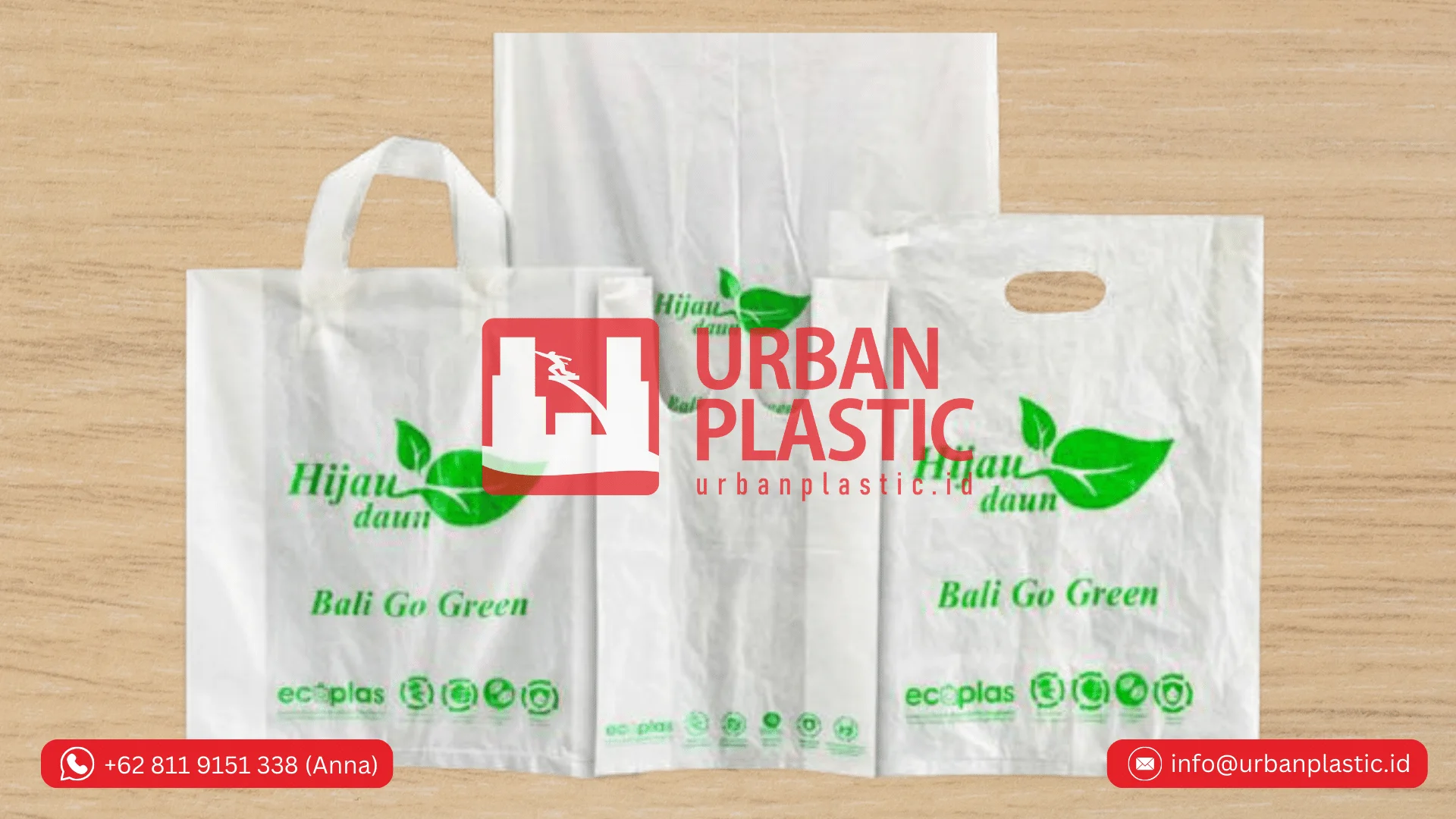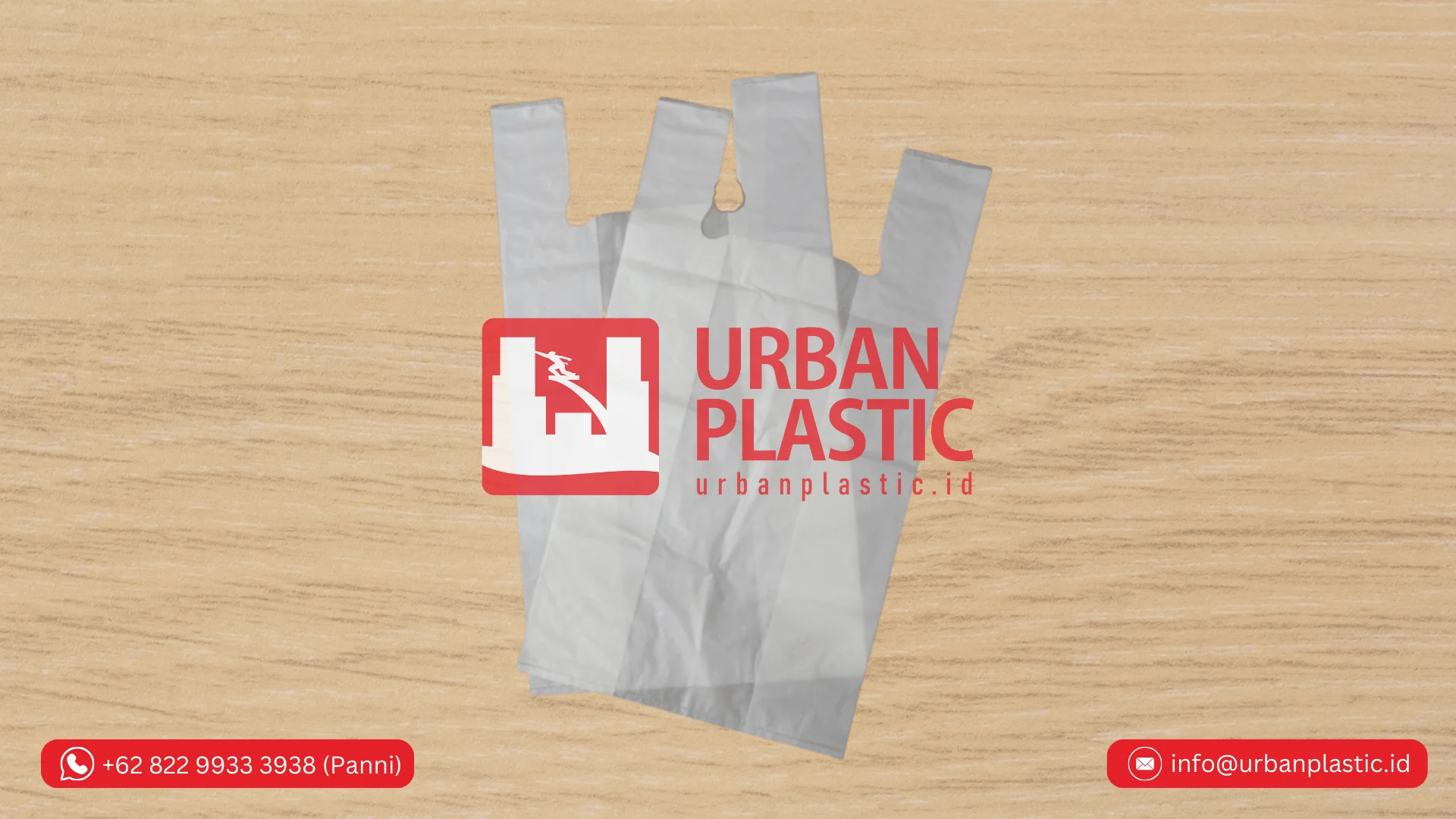In a world where sustainability and eco-friendly practices are becoming increasingly important, one Indonesian company is leading the way in providing innovative packaging solutions. With a focus on using locally sourced materials, this cassava bag manufacturer and exporter is revolutionizing the industry.
By utilizing cassava, a root vegetable commonly found in Indonesia, this company creates bags and packaging that are not only biodegradable but also sustainable. The cassava bags decompose quickly, minimizing the environmental impact and reducing waste.
Not only are these bags environmentally friendly, but they are also durable and versatile, making them suitable for various industries such as retail, food, and agriculture.
As a brand, this company prides itself on its commitment to sustainability and taking care of the planet. By choosing their cassava bags, businesses can not only demonstrate their dedication to eco-friendly practices but also contribute to a greener future.
With a forward-thinking approach and a focus on sustainability, this Indonesian cassava bag manufacturer and exporter is setting a new standard for environmentally conscious packaging.


The role of cassava bags in eco-friendly packaging
Cassava bags play a crucial role in eco-friendly packaging by offering a sustainable alternative to traditional plastic bags. Made from cassava starch, these bags are not only biodegradable but also compostable, making them an ideal solution for businesses looking to reduce their environmental impact. Unlike plastic bags that can take hundreds of years to decompose, cassava bags break down within months, leaving no harmful residues behind.
Moreover, cassava is a widely available crop in Indonesia, making it a cost-effective and sustainable choice for bag production. By utilizing this abundant local resource, the cassava bag manufacturer is not only reducing the carbon footprint associated with transporting materials but also supporting the local economy.
Benefits of using cassava bags
The benefits of using cassava bags extend beyond their eco-friendly properties. These bags are known for their durability and versatility, making them suitable for a wide range of industries. Whether it’s retail, food, or agriculture, cassava bags can effectively replace traditional plastic bags without compromising functionality.
Furthermore, cassava bags are non-toxic and safe for both humans and animals. Unlike plastic bags that release harmful chemicals when exposed to heat or sunlight, cassava bags are free from toxins and can be safely used for packaging food and other sensitive products.
The manufacturing process of cassava bags
The manufacturing process of cassava bags involves several steps, starting with the extraction of cassava starch. Cassava roots are harvested and processed to obtain starch, which is then mixed with water and other natural additives to form a dough-like consistency. This dough is then shaped into bags using specialized machinery and techniques.
Once the bags are formed, they are dried and undergo a curing process to enhance their strength and durability. The finished cassava bags are then ready for distribution to businesses and consumers who are eager to embrace sustainable packaging solutions.
How Indonesia’s cassava bag manufacturer is leading the way
Indonesia’s cassava bag manufacturer and exporter is leading the way in sustainable packaging solutions through its commitment to innovation and environmental responsibility. By actively promoting the use of cassava bags, this company is encouraging businesses to make a positive impact on the planet.
Through partnerships with local farmers and suppliers, the manufacturer ensures a steady supply of high-quality cassava starch, supporting local communities and reducing the need for long-distance transportation.
Additionally, the company invests in research and development to continuously improve the quality and performance of cassava bags. By staying ahead of the curve, they are able to provide businesses with cutting-edge eco-friendly packaging solutions that meet the highest standards of sustainability.
Case studies of businesses using cassava bags
Several businesses across industries have already embraced cassava bags as a sustainable packaging solution. One such case study is a leading retail chain that made the switch from traditional plastic bags to cassava bags and saw a significant reduction in their environmental footprint. By using cassava bags, the company was able to demonstrate their commitment to sustainability, attracting eco-conscious consumers and driving positive brand perception.
Another case study involves a food packaging company that transitioned to cassava bags for their food products. By using cassava bags, the company not only reduced plastic waste but also improved the shelf life of their products. The cassava bags provided superior protection against moisture and oxygen, ensuring the freshness and quality of the food.
These case studies highlight the tangible benefits of using cassava bags and serve as examples for other businesses looking to make the switch to sustainable packaging solutions.
Challenges and opportunities in the cassava bag industry
While the cassava bag industry presents numerous opportunities for sustainable packaging, it also faces its fair share of challenges. One of the main challenges is the need for widespread adoption and acceptance of cassava bags. Educating businesses and consumers about the benefits of cassava bags and dispelling any misconceptions is crucial for the industry’s growth.
Furthermore, scaling up production to meet the increasing demand for cassava bags can be a logistical challenge. However, this challenge also presents an opportunity for investment in infrastructure and technology to streamline the manufacturing process and make it more efficient.
Additionally, the cassava bag industry can benefit from collaborations with governments and regulatory bodies to establish standards and certifications for eco-friendly packaging. By working together, these stakeholders can create a supportive environment for the growth of the industry and ensure that sustainable packaging solutions become the norm rather than the exception.
The future of sustainable packaging solutions
The future of sustainable packaging solutions lies in the hands of companies like Indonesia’s cassava bag manufacturer and exporter. As consumers become more conscious of their environmental impact, the demand for eco-friendly packaging will only continue to rise.
Innovation will play a crucial role in shaping the future of sustainable packaging. Research and development efforts will focus on creating new materials and improving existing ones to meet the evolving needs of businesses and consumers. From plant-based polymers to biodegradable coatings, the possibilities are endless.
Moreover, technological advancements will enable the efficient production of sustainable packaging solutions, making them more accessible and cost-effective. As businesses realize the long-term benefits of sustainable packaging, they will be more inclined to make the switch, driving market demand and further fueling innovation.
How businesses can transition to eco-friendly packaging
Transitioning to eco-friendly packaging may seem like a daunting task for businesses, but with the right strategy, it can be a smooth and rewarding process. Here are a few steps businesses can take to embrace sustainable packaging solutions:
- Conduct a packaging audit: Assess the current packaging materials and identify areas where eco-friendly alternatives can be implemented.
- Research sustainable options: Explore different eco-friendly materials such as cassava bags, bioplastics, and recycled paper to find the best fit for your business.
- Collaborate with suppliers: Engage with packaging suppliers who prioritize sustainability and can provide you with the necessary materials and expertise.
- Communicate with customers: Educate your customers about the benefits of eco-friendly packaging and highlight your commitment to sustainability. Encourage them to participate in recycling programs or choose reusable options.
- Measure and improve: Regularly evaluate the environmental impact of your packaging choices and look for opportunities to further reduce waste and optimize sustainability.
By following these steps, businesses can make a gradual transition to eco-friendly packaging and contribute to a greener future.
Conclusion: Embracing sustainable solutions for a greener future
Indonesia’s cassava bag manufacturer and exporter is leading the way in eco-friendly packaging solutions by utilizing locally sourced cassava to create biodegradable and sustainable bags. These cassava bags offer a host of benefits, from their eco-friendly properties to their durability and versatility.
Through its commitment to sustainability and innovation, this company is setting a new standard for environmentally conscious packaging. By choosing cassava bags, businesses can not only reduce their environmental impact but also contribute to the growth of a more sustainable economy.
As the demand for sustainable packaging continues to rise, the cassava bag industry faces challenges and opportunities. However, with collaborations, education, and technological advancements, the industry is poised for growth and success.
By transitioning to eco-friendly packaging, businesses can play their part in creating a greener future, where sustainability and environmental responsibility are at the forefront of every decision. Together, we can build a world where sustainable solutions are the norm, and the planet thrives for generations to come.
For more information about cassava bag please contact: Whatsapp/Mobile Phone: +62 811 9151 338 (Ms. Anna) or Email :[email protected]

